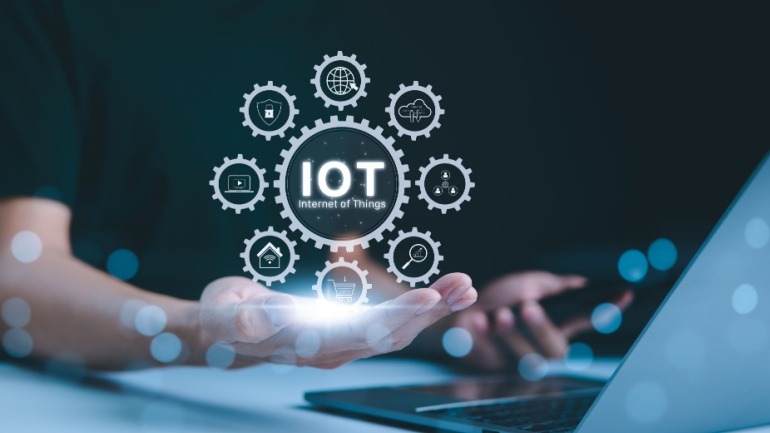Today, we all recognize that the ability to retain and port phone numbers across different service providers is critical for both businesses and individuals. The process of porting numbers within a single country has evolved in recent years, and moving a telephone number from one provider to another has become relatively straightforward. However, these procedures become significantly more complex and sometimes less reliable when porting across international borders. Different countries have disparate telecom networks, as well as their own technical standards, regulatory frameworks, and operational procedures. All these components must be coordinated or integrated to enable successful global number porting. It is important for subscribers who use international telecom services to understand the challenges of global number porting, to have realistic expectations of the process, and to be able to ask relevant questions. This article sheds light on the complexities involved in global porting services, and the broader implications for consumers…
The FCC Chairwoman Jessica Rosenworcel is advocating for a fast-tracked spectrum auction to replace Chinese telecom equipment, addressing national security risks. This urgent move, linked to cybersecurity threats like the Salt Typhoon attack, is pivotal for securing telecom networks.
Verizon’s recent 5G trial, in collaboration with Samsung and MediaTek, showcased download speeds of 5.5 Gbps using advanced carrier aggregation. This breakthrough highlights the potential of 5G technology for enhances solutions.
The state of Washington is pursuing legal action against T-Mobile over a massive 2021 data breach affecting millions. The incident underscores the growing cybersecurity challenges faced by telecom providers.
Open Gateway, initiated by GSMA, is set to redefine mobile networks with standardized telecom APIs, underpinning 5G’s potential. With coverage from 67 global operators, it aims to streamline developer interaction and offers vast opportunities for API-driven fraud prevention, edge computing, and digital transformation.
The latest GSMA report indicates limited progress by hyperscalers like AWS, Microsoft Azure, and Google Cloud in embracing the Open Gateway initiative for mobile networks. Telecom vendors such as Ericsson and Nokia are advancing API initiatives.
The Vodafone UK and Gigs partnership is revolutionizing the telecom industry by enabling startups to easily create Mobile Virtual Network Operator (MVNO) services. Leveraging Vodafone’s vast network, tech companies can now seamlessly integrate custom phone plans, improving customer engagement and unlocking new revenue streams.
Toll-free numbers have been a staple of business communications for decades. They allow customers to call an enterprise without incurring charges, and are a proven way to help drive growth, enhance service, expand customer knowledge, and project corporate reliability. These phone numbers have been widely adopted not only by large corporations but also by small businesses, non-profits, and government agencies, underscoring their versatility and importance across diverse sectors. Today, there are over 44 million toll-free numbers in use in the US. However, the future of toll-free phone numbers is a topic of much debate in the ever-evolving landscape of digital communications. Despite the rapid growth of internet-based communication methods such as email, social media platforms, and chatbots, toll-free numbers still hold a significant place in business communications. This article explores the uses, importance and enduring benefits of toll-free numbers, and why businesses will continue to rely on them in the…
Explore the latest collaboration between UK-based cellular IoT MVNO, Eseye, and satellite provider, Sateliot. Together, they are transforming the IoT landscape by extending network coverage with a cutting-edge satellite solution, promising seamless global connectivity.
Amazon’s $4 billion investment in Anthropic marks a significant step in enhancing AI. By boosting AWS’s role as a cloud and training partner, this strategic collaboration is set to unlock unprecedented advancements in AI systems.













